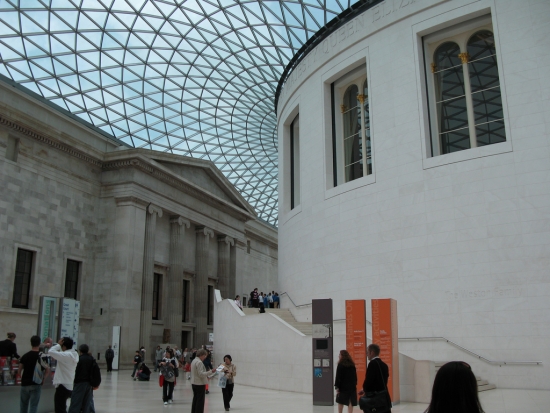Museums and galleries in the UK are being forced to reduce their numbers of professional staff and increasingly rely on volunteers to compensate.

A recent survey of more than 120 museums and museum services across the UK revealed that more than a third had cut staff numbers while nearly half had increased the number of volunteers and unpaid interns required to support their institutions.
The annual review by the Museums Association (MA) found that staff cuts were primarily the result of a loss of public investment, with just shy of half reporting a cut to their overall income in the last 12 months to July 2013.
The association said that members were concerned that the loss of paid employees would result in lower standards, in particular in the interpretation and maintenance of museum collections.
One local authority museum reported: “We have gone over to a professional volunteer model with many of our front-of-house staff new volunteers.”
Mark Taylor, the MA’s director, said: “Interns and volunteers have plenty to offer, but can never replace skilled, experienced staff. We know museums’ public services are being hit and we are increasingly worried about the loss of specialist expertise and the long-term care of collections.”
The body revealed a 31 per cent drop in the number of school visits to museums in the last year as part of a worrying trend of institutions finding it increasingly hard to reach “non-traditional” audiences.
It added that internships were reducing the diversity of those individuals entering the museum professions because “only wealthier young people can afford to work for nothing”.
Only 28 per cent of museums reported an increase in giving by private individuals or organisations, with nearly one in five reporting a fall.
“The potential for increased philanthropy appears limited in many parts of the UK and for many museum subject areas. Philanthropic efforts will never substitute for the loss of public funding,” Mr Taylor said.
The Government said museum visits were significantly high over the past few months and institutions had to adjust to new ways of fundraising.
A spokesman for the Department of Culture, Media and Sport said: “We want philanthropy to supplement, not substitute public subsidy and it should be seen as one element of a funding model which includes other forms of income generation.”
No related posts found for this post.